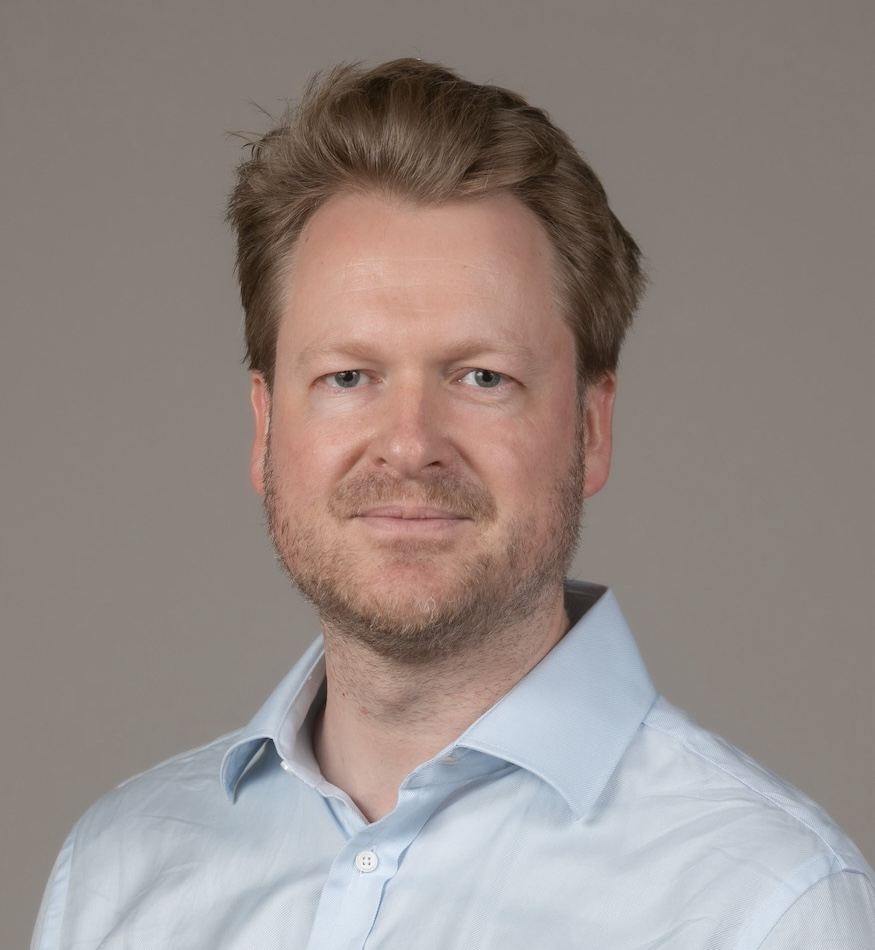Machine learning and signal processing for biomedical time series

What problems does XAI solve?
Machine learning and advanced signal processing of medical time series hold great promise for automatizing and objectifying clinical prediction tasks. In his talk, Stefan Haufe will give an overview over his group's work in neuroimaging and critical care. This includes problems of reconstructing and localizing neural activity from non-invasive magneto- and electroencephalographic (M/EEG) measurements and of estimating different types of functional connections (FC) between neural time series. In the context of critical care, I will show how clinically relevant outcome prediction tasks can be addressed using heterogeneous routinely-collected medical time series and state-of-the-art ML models. Furthermore, a generative model for medical time series will be presented.
The use of ML based products in medicine and other high-risk domains in the EU will soon be regulated by the AI Act, demanding "to enable users to interpret the system’s output and use it appropriately". This need for transparency is seemingly addressed by the field of "explainable AI" (XAI). In his talk, he will ask what practically relevant questions current XAI methods can systematically address and, consequently, what role XAI can be anticipated to play when it comes to quality assurance and certification of ML products. Stefan Haufe will formulate a minimal requirement on XAI that is implicitly underlying many of its intended interpretations and use a minimal model to show how easily this requirement is unmet, leading to misinterpretations. Finally, he will propose benchmarks to assess "explanation correctness".

Short-Bio:
Stefan Haufe is a professor of computer science and head of the UNIML group at Technische Universität Berlin. This is a joint appointment with the Physikalisch-Technische Bundesanstalt Berlin (PTB), where Dr. Haufe also leads the Working Group “Machine Learning and Uncertainty”. In addition, Dr. Haufe heads the European Research Council (ERC) funded Braindata Group at Charité - Universitätsmedizin Berlin.
His research is centered around the development and validation of signal processing, inverse modelling and ML techniques for neuroimaging and other medical data.

